Confused about the differences between the Liberal Democrats and the Green Party? You’re not alone. These two parties both lean left but have distinct approaches to key issues. Let’s break down where they stand and what sets them apart.
1. Foundational Philosophy

The Liberal Democrats focus on individual freedom within a liberal society, aiming for a balance between free market and state intervention. The Green Party, rooted in environmental activism, prioritizes ecological concerns and advocates for systemic change to support sustainability.
2. Economic Policy

The Lib Dems advocate for a market economy with social welfare support to ensure fairness, while promoting entrepreneurship and innovation. The Greens emphasize a green economy, heavily investing in renewable energy and supporting strong welfare programs to redistribute wealth more evenly.
3. Stance on Brexit
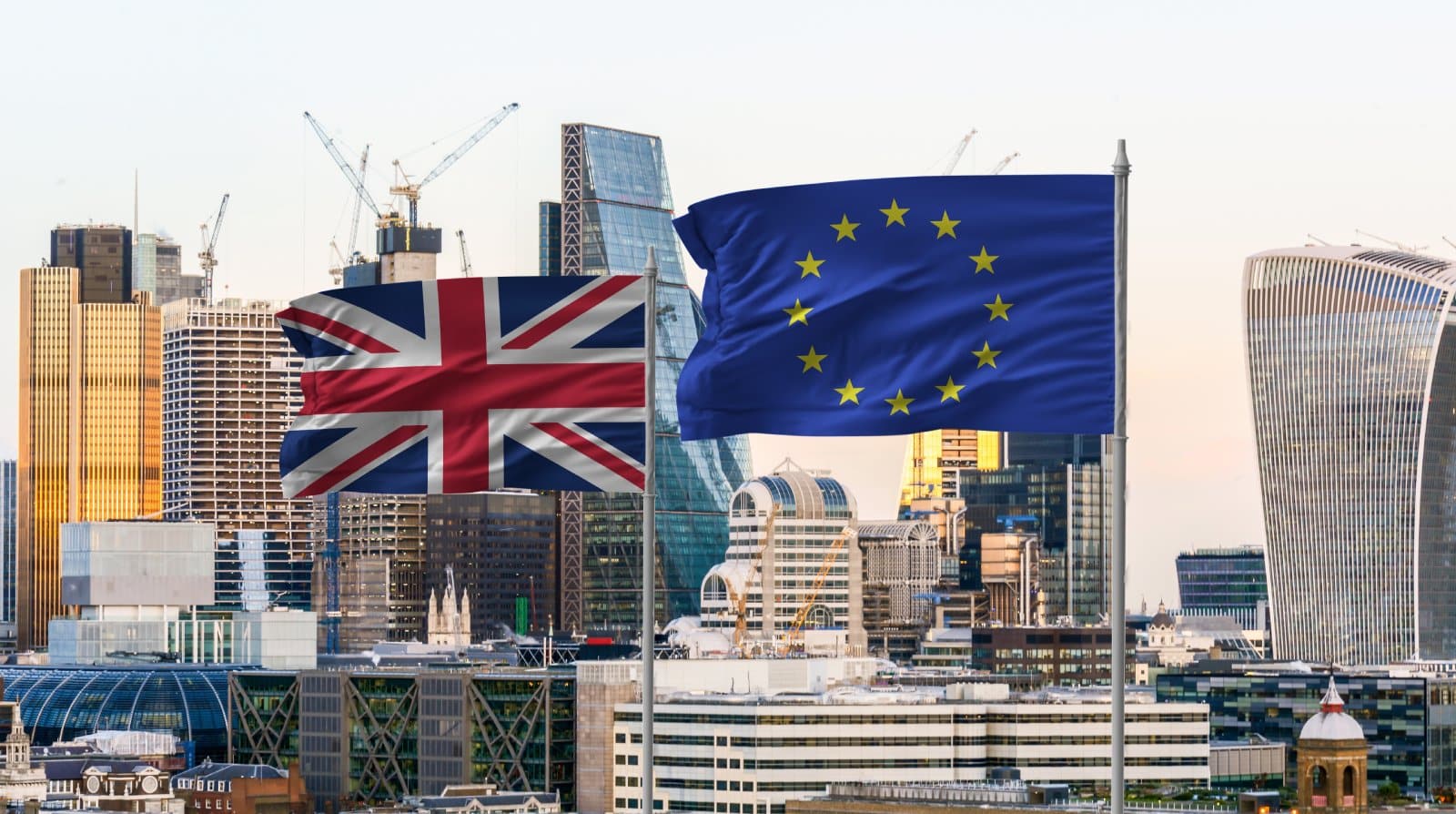
Post-Brexit, the Lib Dems continue to push for close ties with the EU and advocate for policies that would soften Brexit’s economic impact. The Greens focus on ensuring that environmental laws and workers’ rights that were protected under EU legislation are maintained or strengthened.
4. Nuclear Energy
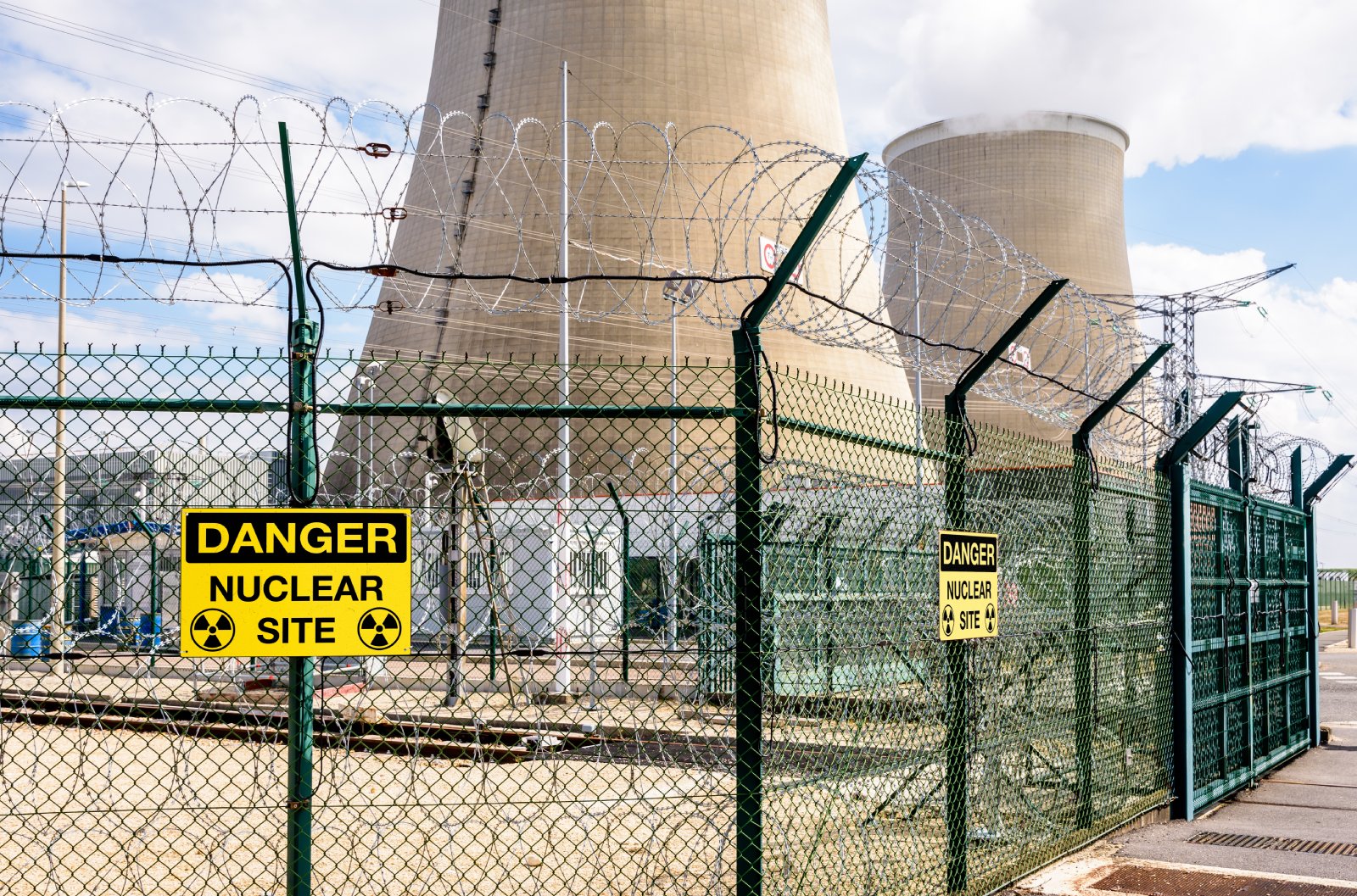
The Liberal Democrats consider nuclear energy a necessary part of the energy transition away from fossil fuels. In contrast, the Greens staunchly oppose nuclear energy, citing the unsolved problem of nuclear waste and the potential for catastrophic disasters.
5. Defence Policy

While the Liberal Democrats support a reduced yet substantial nuclear deterrent, the Green Party calls for the complete dismantling of nuclear arsenals and promotes non-violent means of conflict resolution.
6. Education

Both parties value education highly but approach it differently: the Lib Dems focus on increasing funding and support for teachers and facilities, whereas the Greens push for complete abolition of tuition fees and advocate for more inclusive school curriculums that include climate education.
7. Electoral Reform
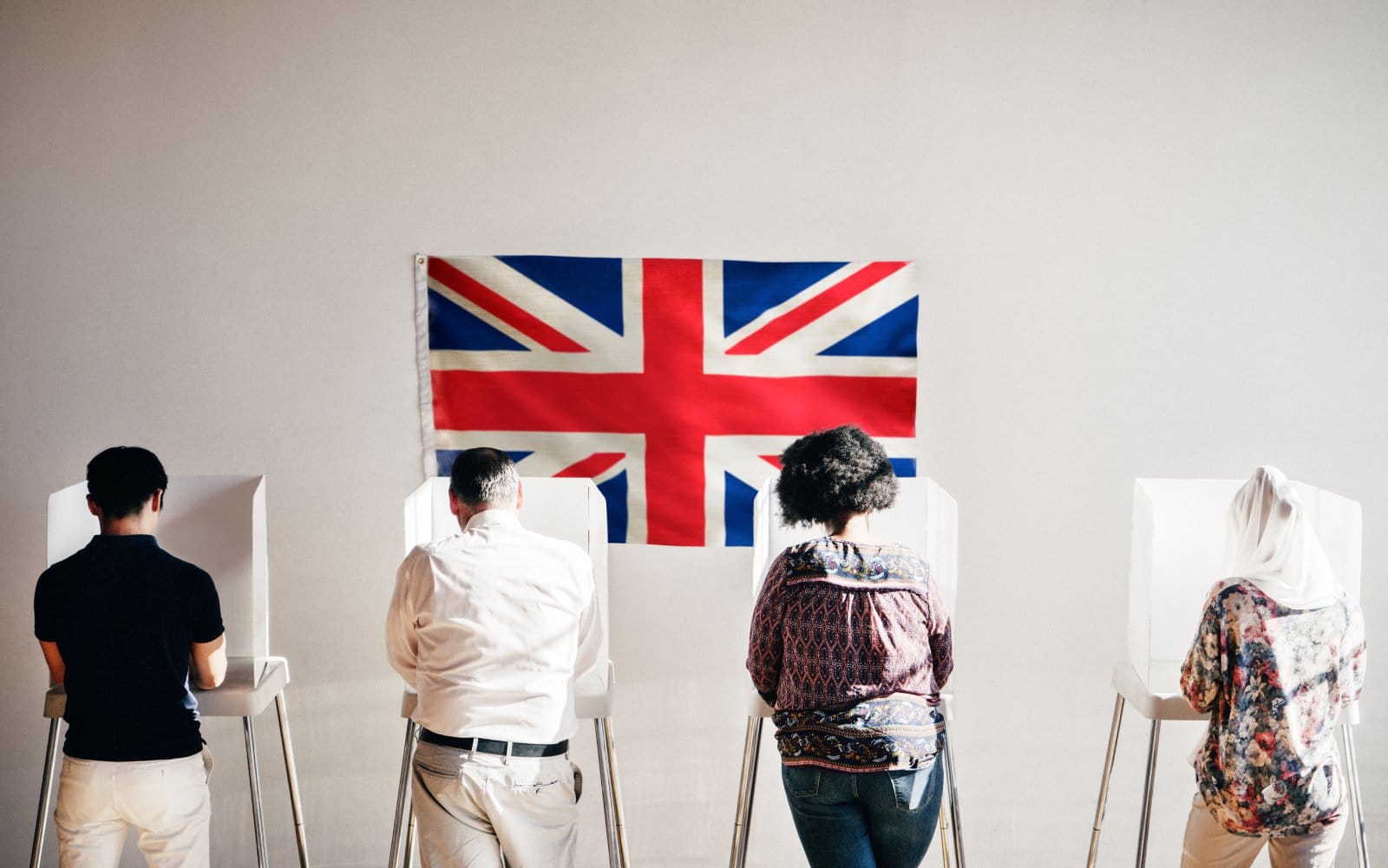
Both parties support proportional representation to replace the first-past-the-post voting system, but the Greens also advocate for more radical reforms such as lowering the voting age to 16 to increase political engagement.
8. Transportation Policy

While both parties support the development of public transport, the Greens particularly emphasize reducing reliance on cars by making substantial investments in cycling infrastructure and walking paths.
9. Housing and Planning
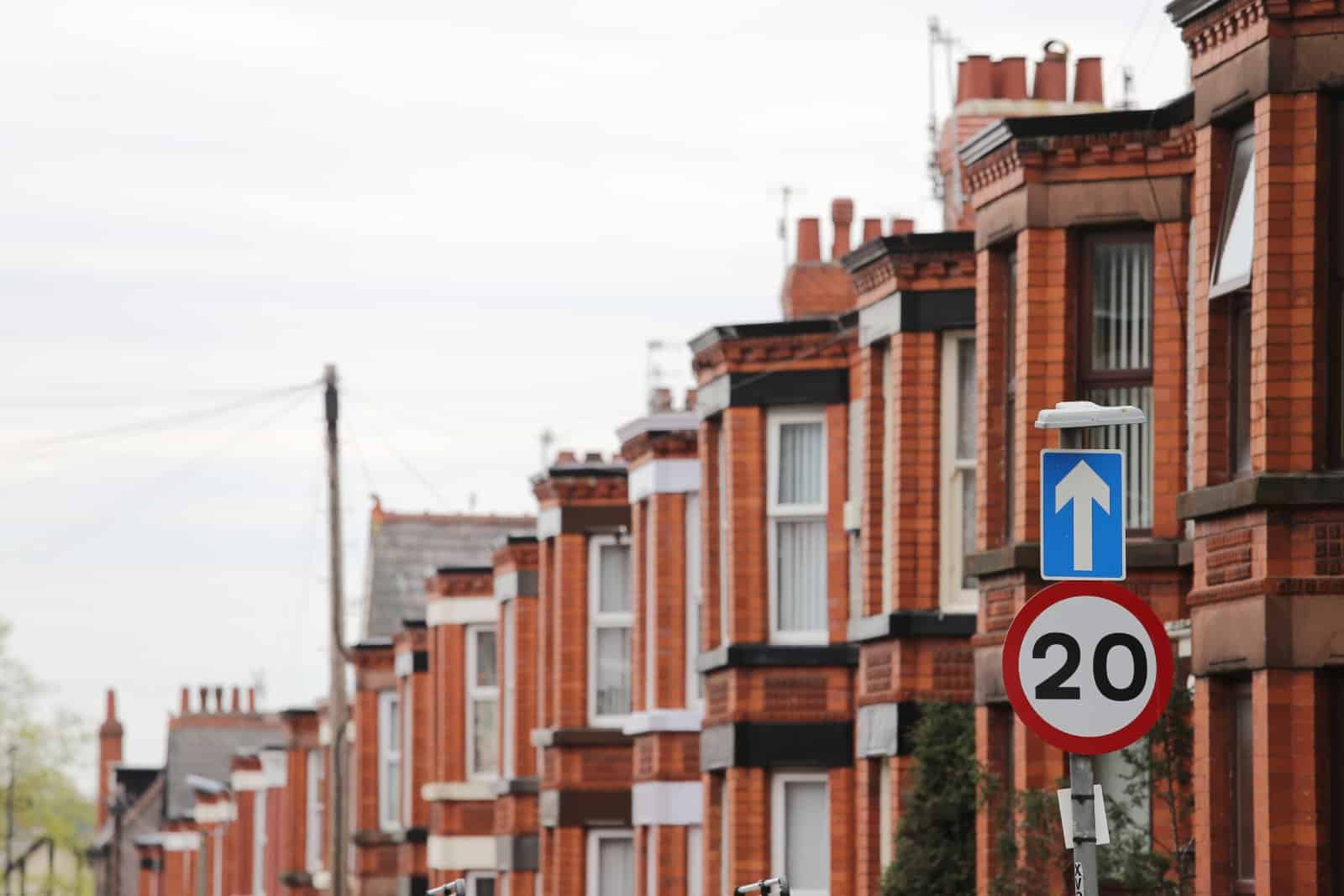
The Liberal Democrats push for building more affordable homes and introducing “rent to own” schemes, whereas the Greens focus on sustainable housing and giving communities a greater say in local planning decisions.
10. Welfare Policies

Both parties aim to reform welfare policies, but the Greens uniquely push for a Universal Basic Income to ensure financial security for all, regardless of employment status.
11. Immigration

The Liberal Democrats promote an immigration system based on fairness and effectiveness, focusing on integrating immigrants into society. The Greens advocate for more open borders and emphasize protecting refugees and asylum seekers’ rights.
12. Drug Policy
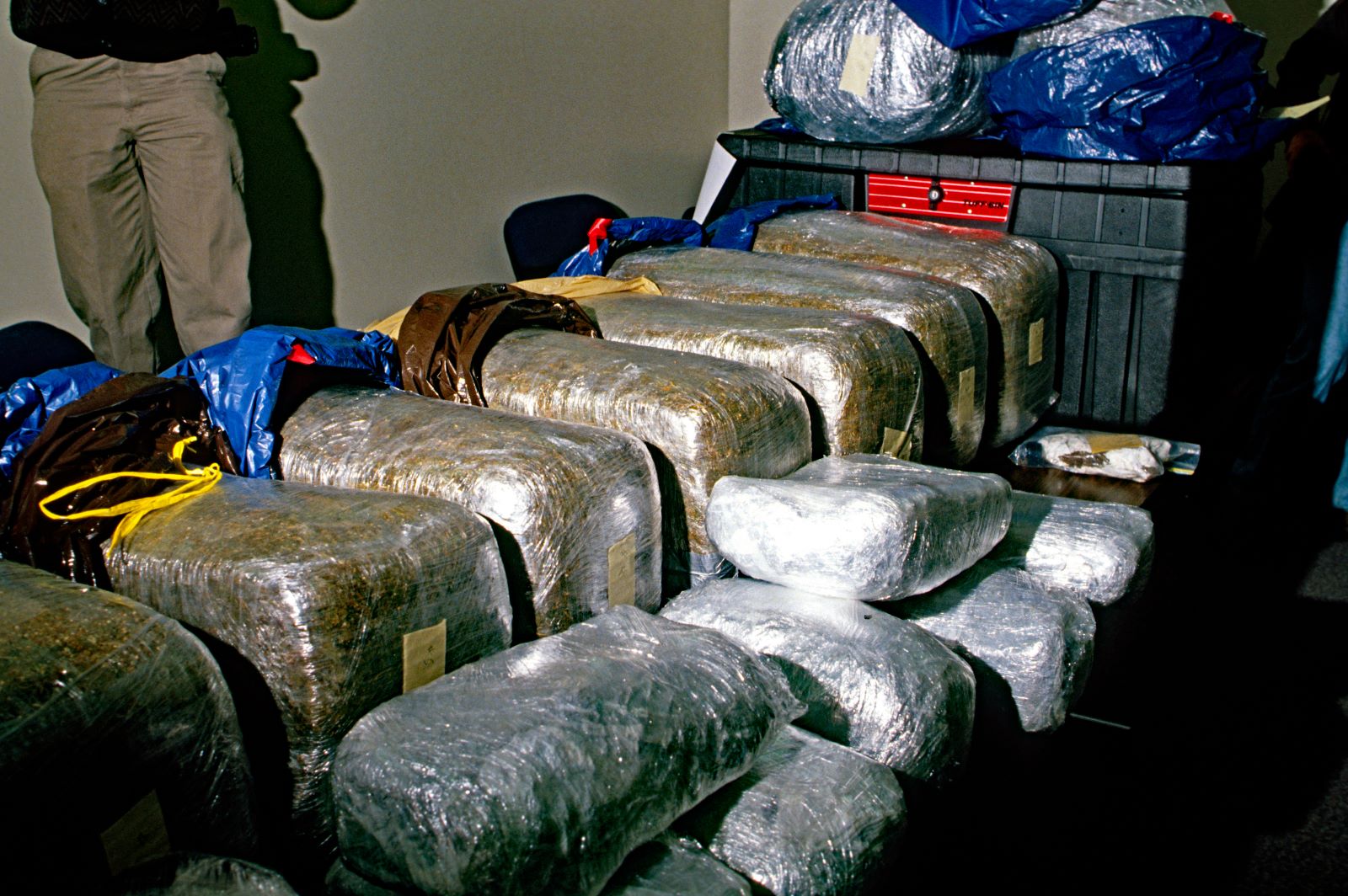
Both parties favor more progressive drug policies; the Lib Dems call for cannabis legalization, while the Greens support decriminalizing the possession of all drugs for personal use, focusing on harm reduction.
13. Animal Rights
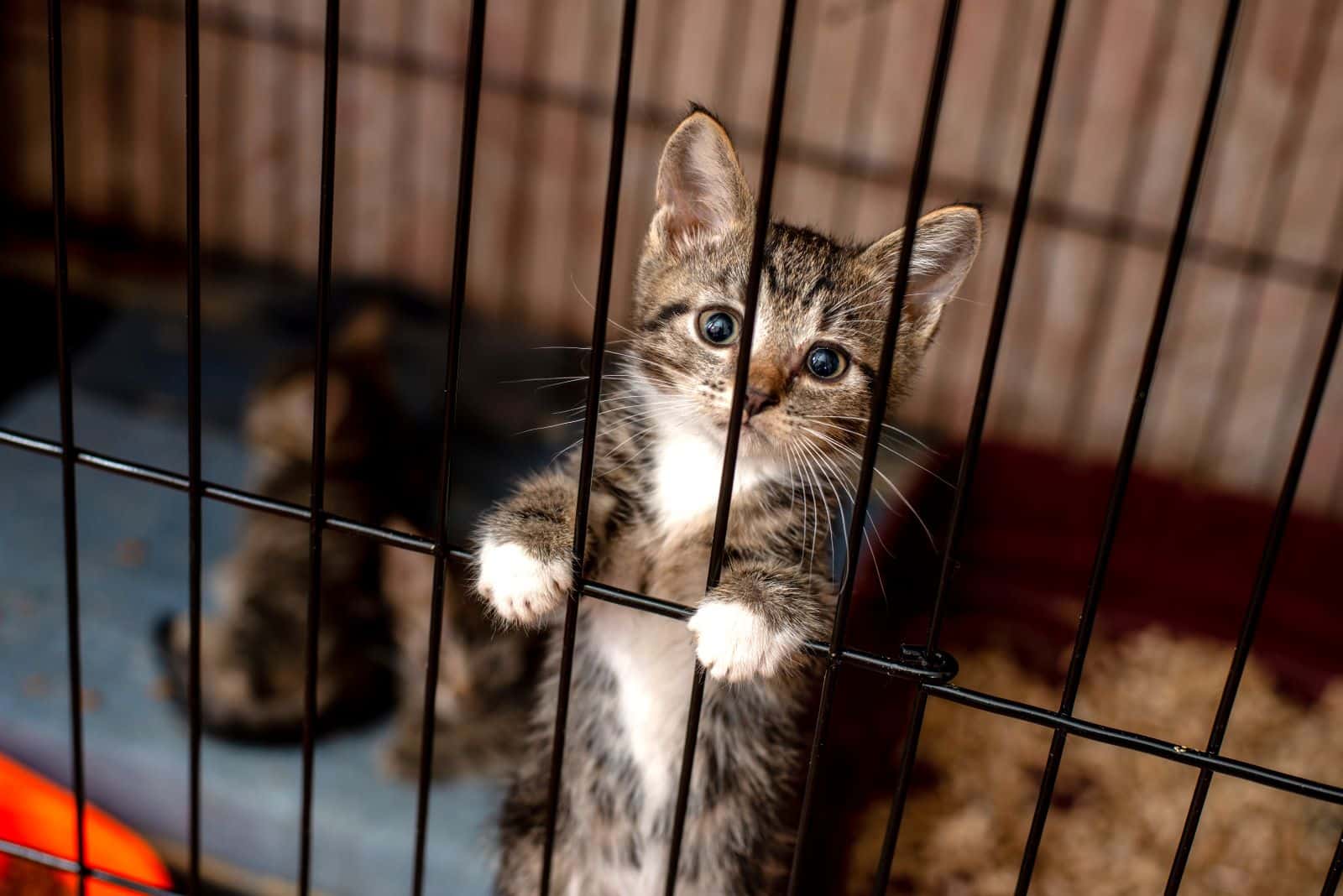
The Greens have more extensive policies on animal rights, advocating for an end to all forms of animal cruelty, including factory farming and animal testing. The Lib Dems focus on improving animal welfare standards within existing frameworks.
14. Taxation
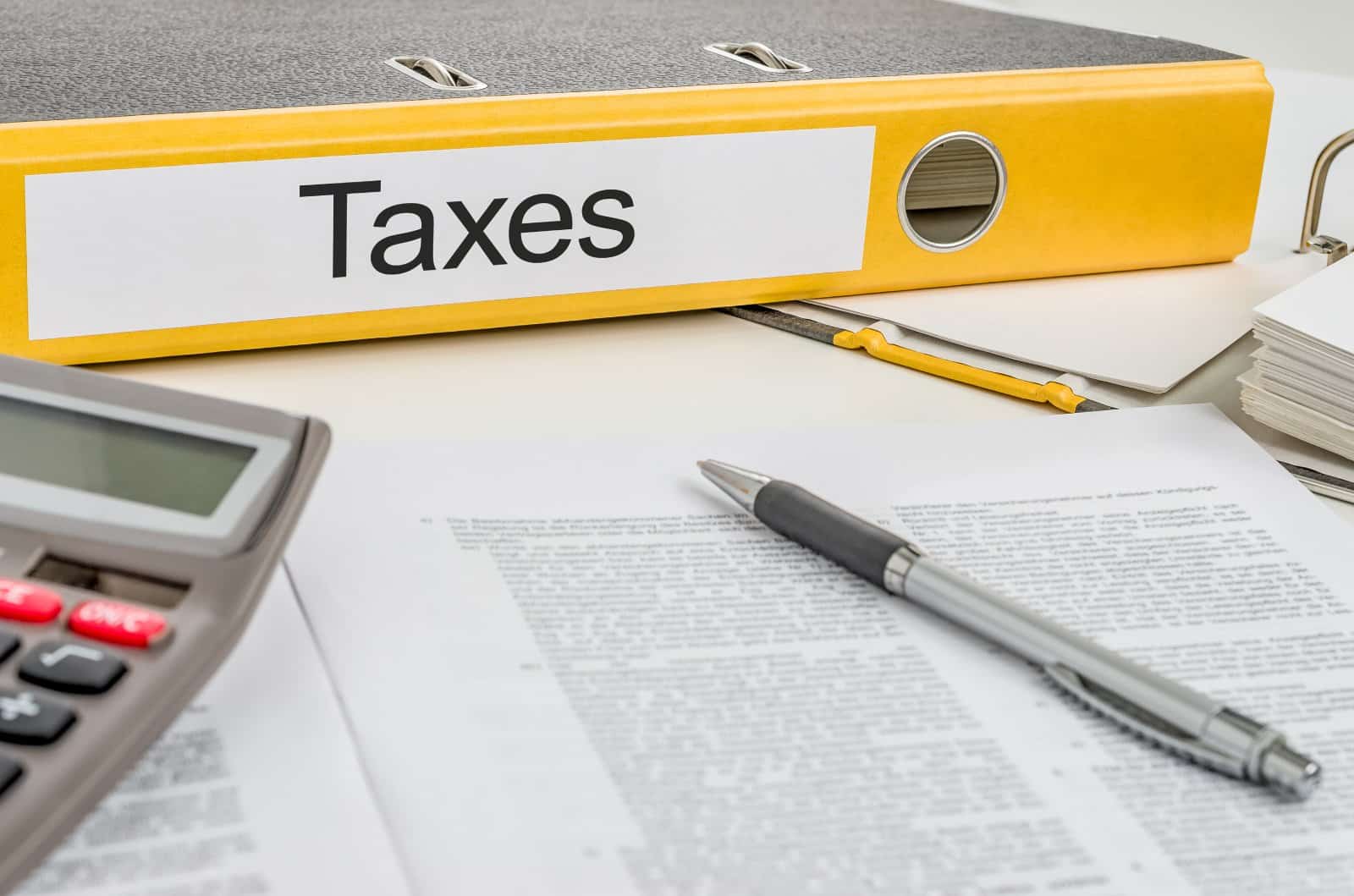
Lib Dems advocate for a fairer tax system with an emphasis on higher taxes for the wealthiest, while the Greens propose more radical tax reforms, including a wealth tax to address inequality.
15. Health Care

Both parties support a well-funded NHS, but the Greens place a stronger emphasis on incorporating mental health and preventive care into public health services.
16. Foreign Policy

The Lib Dems emphasize maintaining strong alliances with Western countries and promoting international trade, while the Greens focus on human rights and environmental sustainability in their foreign policy.
17. Rural Policies
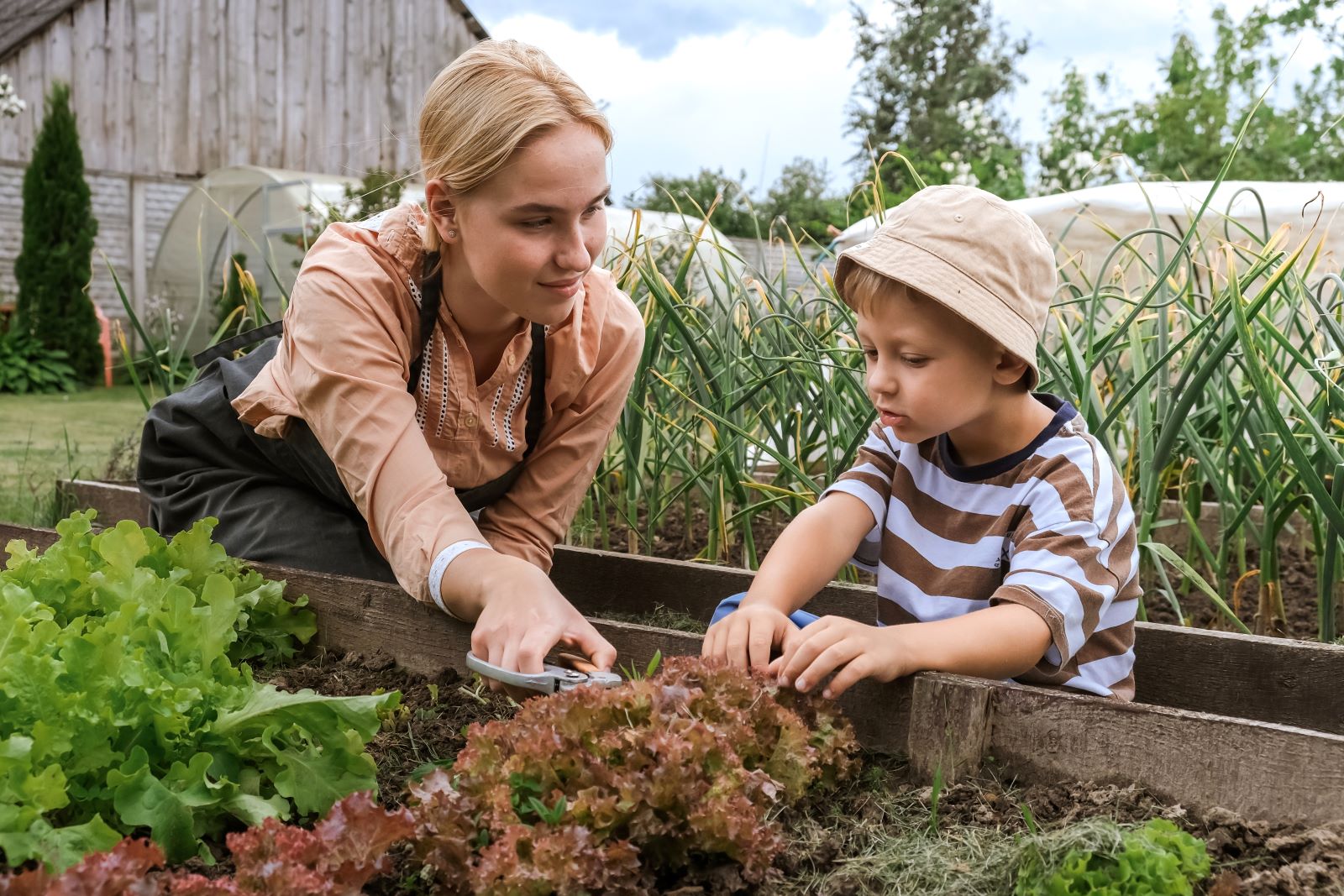
The Greens focus on supporting sustainable agricultural practices and enhancing rural economies by promoting local food production. The Lib Dems emphasize improving rural infrastructure, such as broadband access and public transport.
18. Digital Policy

Both parties are concerned with digital rights and privacy, with the Lib Dems focusing on regulation of tech giants to protect privacy and the Greens pushing for broader reforms, including significant public investment in tech literacy.
19. Social Justice
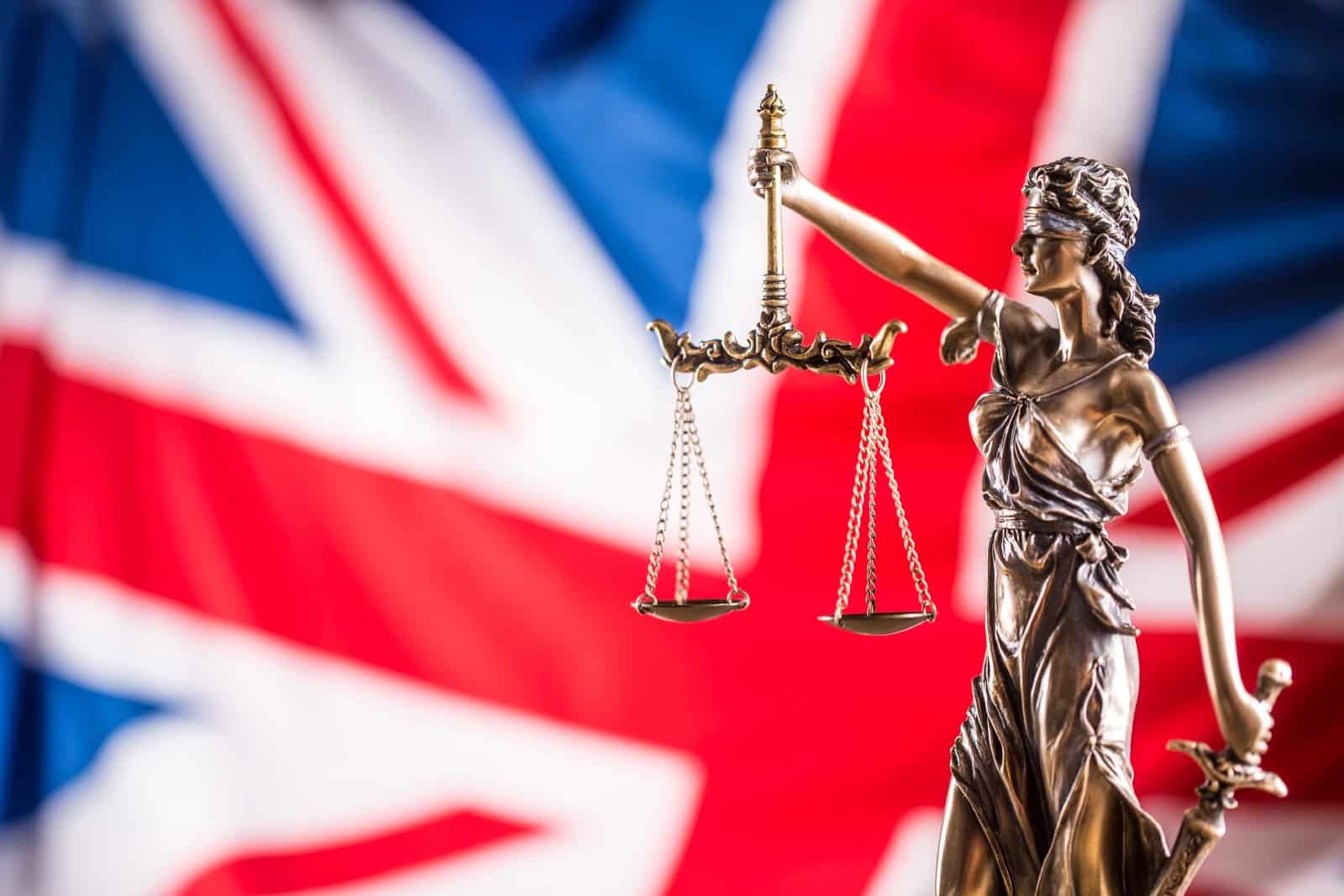
Social justice is a key area for both, but the Greens often frame their policies within a broader context of social equity, including advocating for systemic changes to address racial and gender inequalities.
20. Party Structure

The Greens pride themselves on their grassroots approach to politics, emphasizing local campaigning and direct action. The Liberal Democrats maintain a more traditional party structure but emphasize member-driven policy making.
Ready for a Cuppa and a Chat?

With these points in mind, next time you’re debating at the pub or over a cup of tea, you’ll have plenty to say about where the Lib Dems and the Greens stand on the issues that matter most to you. Which party’s priorities align more closely with your vision for the future?
25 Things You CAN’T Talk About Anymore

Remember the days when you could freely discuss just about anything without fear of sparking controversy? Well, those days are long gone. In today’s hyper-sensitive world, there are topics so fraught with tension that even mentioning them can lead to heated debates and hurt feelings. 25 Things You CAN’T Talk About Anymore
Stranded: 15 Worst British Cars in History
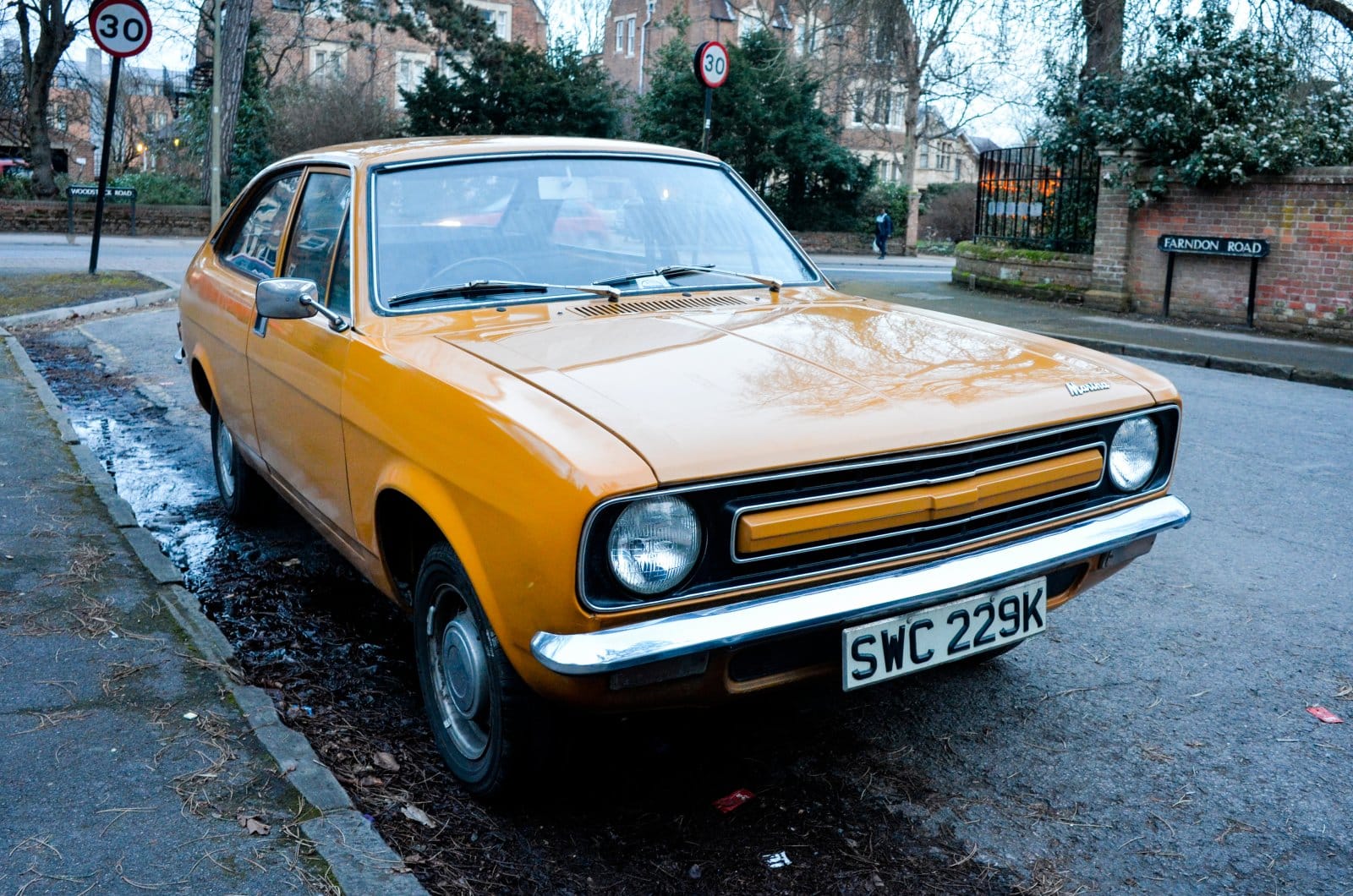
Ever had a car that spent more time with the mechanic than on the road? A car that turned every journey into a game of “Will we actually get there?” If so, you might just see a familiar face (or should we say, chassis) in our countdown to the most unreliable British car in history. Stranded: 15 Worst British Cars in History
“Britain Will Become Unrecognizable” – Suella Braverman Spells Disaster for UK Amid Steep Rise in Visas Issued

Former Home Secretary Suella Braverman has warned that Britain will become “unrecognizable,” criticizing the amount of work visas the Home Office has approved, despite only being removed from her role in November. “Britain Will Become Unrecognizable” – Suella Braverman Spells Disaster for UK Amid Steep Rise in Visas Issued
20 Things From the ‘70s That Are Not OK Today

Step into the time machine and set the dial to the 1970s, a decade of disco, bell-bottoms, and some rather questionable choices. While the ’70s gave us iconic music and groundbreaking TV, not everything from this groovy era would get a green light today. 20 Things From the ‘70s That Are Not OK Today
20 Best and Worst Universities in the UK
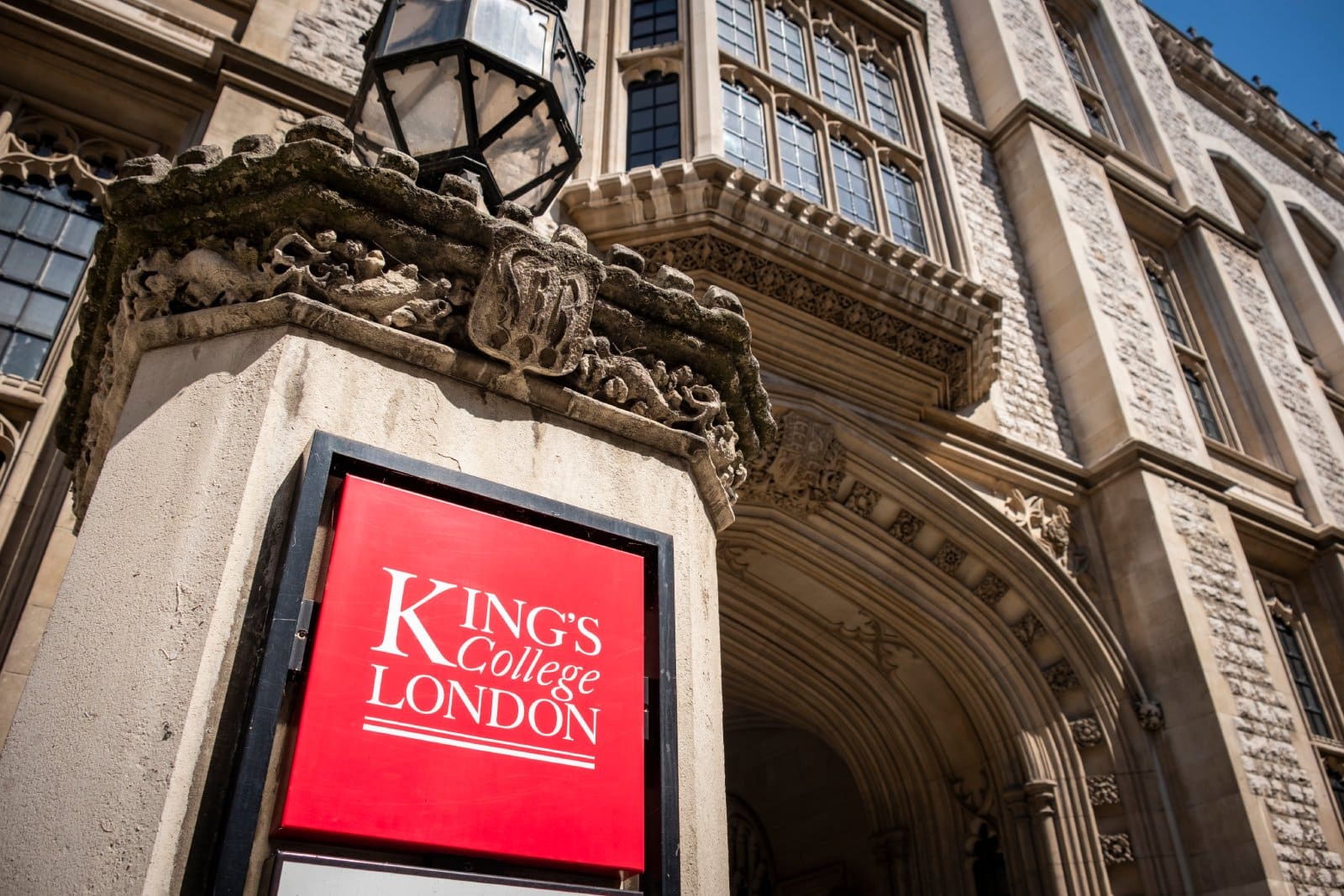
Navigating the UK university landscape is like deciphering a complex code of rankings, reviews, and reputations to uncover where you’ll not just learn, but truly flourish. Whether you’re drawn to the historic halls of Oxford or the creative buzz of Goldsmiths, finding your perfect fit is about aligning your aspirations with the unique offerings of each institution. 20 Best and Worst Universities in the UK
The post Woke-Off: 20 Differences Between the Lib Dems and Greens first appeared on Edge Media.
Featured Image Credit: Shutterstock / Jacob Lund.
For transparency, this content was partly developed with AI assistance and carefully curated by an experienced editor to be informative and ensure accuracy.

